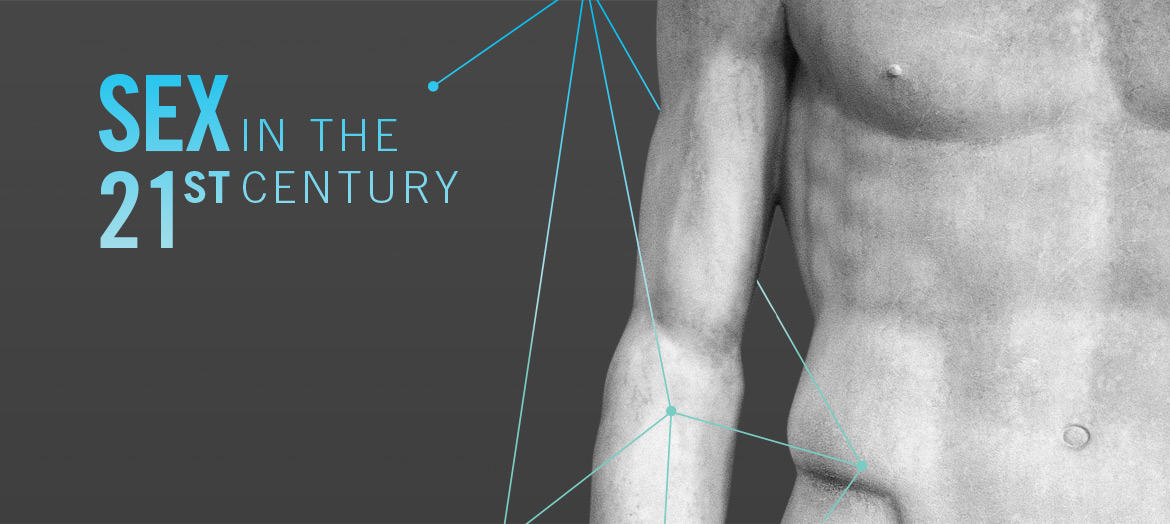Trazodone and priapism
Content written by Irwin Goldstein, MD
Trazodone is an antidepressant that has been associated with the occurrence of prolonged erection and priapism. Priapism is a full or partial penile erection that continues more than 4 hours beyond sexual stimulation or is unrelated to sexual stimulation. The condition of an erection lasting more than 4 hours has become popularized by the television commercials discussing side effects to phosphodiesterase type 5 inhibitors such as Viagra, Cialis and Levitra.
Erectile tissue consists of approximately 50% smooth muscle tissue. The state of the tone of penile smooth muscle tissue dictates the state of penile erection or penile flaccidity. Erection tissue is typically in the contracted tone in the baseline flaccid state. Erectile tissue is typically in the relaxed tone in the aroused erect state. Following sexual arousal it is hypothesized that the erectile tissue is contracted by the adrenalin release, usually associated with orgasm, or with stress, that causes loss of erection and conversion to the baseline flaccid state. Most medications, such as blood pressure lowering agents are anti-sexual, however, trazodone is an unusual medication that has pro-erectile activity. Trazodone appears to block the actions of adrenalin (adrenoceptor blocker) in erectile tissue.
To better understand this pro-erectile activity, trazodone was both studied in a sleep laboratory. Periodic physiological sleep-related erections were monitored in several healthy volunteers in a double-blind crossover study. The investigation compared the effect of trazodone, trimipramine (a tricyclic antidepressant) and placebo on the sleep erections.
Trazodone significantly increased the total duration of penile erectile activity during sleep. Both the drug trimipramine and placebo had no such effect. Analysis of the erectile activity in relation to the rapid eye movement sleep period during which erectile activity usually occurs revealed that the detumescence phase of erection, under sympathetic control, was significantly prolonged by trazodone compared to placebo. This action is consistent with the effect of trazodone as a blocker of the action of adrenalin on penile erectile tissue.
In addition, basic science research studies with trazodone were performed on human erectile tissue obtained from patients undergoing penile implant surgery. Trazodone, at concentrations comparable to those reached in plasma, was found to significantly impair corporeal smooth muscle contractions elicited by electrical stimulation of adrenalin nerves and blocked contractions induced by norepinephrine, an adrenalin-like medication.
In summary, it was concluded that trazodone has pro-erectile effects in men related to alpha-adrenaline receptor blocking properties with interference of the neurologic (sympathetic nerve) control of penile detumescence, usually during rapid eye movement sleep.
Use of trazodone may result in a persistent erection marked by rigidity of the erection chambers, and little or no arterial in?ow to the erection tissue. The patient on examination has a rigid erection that is painful. The pain occurs because there is no blood flow and there is progressive low oxygen, high carbon dioxide, and acidosis in the erection tissue.
Ischemic priapism is an emergency and treatment should be initiated as soon as possible. When left untreated, erectile dysfunction invariably results. Should priapism occur while taking trazodone, it is recommended to stop the trazodone, and seek emergency urologic care. This care involves treatment with intracavernosal administration of an adrenalin-like medication called phenylephrine. Often such administration results in successful treatment of the ischemic priapism without the need for surgery.
Trazodone, with its unusual erectile activity has been studied as an oral agent for treatment of ED. Trazodone has been used as an antidote to the sexual dysfunction associated with anti-depressants such as selective serotonin re-uptake inhibitors, and often as an agent used to help men who did not respond to only PDE 5 inhibitors.
Three of six trials showed a clinically meaningful benefit of trazodone for erectile dysfunction compared with placebo. Specific adverse events with trazodone included dry mouth (19%), sedation (16%), dizziness (16%) and fatigue (15%). In one small study, 15 with anti-depresaant-induced sexual dysfunction were given trazodone. There was improvement in sexual function and overall clinical improvement (depression, anxiety) as well. In another small study, 18 men with erectile dysfunction who initially failed to respond to sildena?l citrate alone. Of the 18 men, 12 responded favorably to the both treatments. Larger double-blind studies are required to potentiate this hypothesis.
